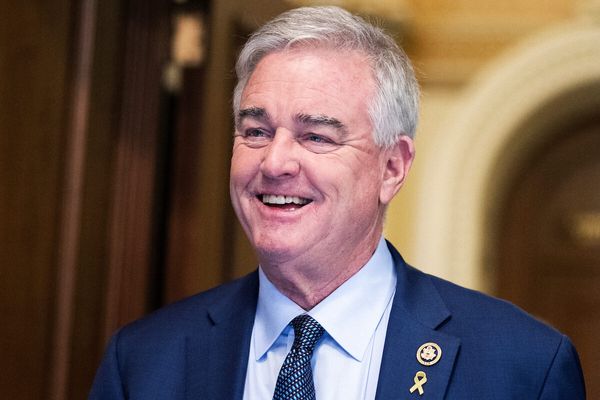
There’s nothing like a strong cup of coffee to kickstart the day, right? But according to new research, the get-up-and-go that most people feel soon after sipping the popular caffeinated drink could just be a placebo.
In fact, the mere ritual of turning on the coffee machine, and stirring in milk or sugar is enough for people to feel a palpable buzz—before even taking a sip.
According to a paper published in the journal Frontiers in Behavioral Neuroscience on June 28, the feeling of alertness experienced by morning coffee drinkers has more to do with the experience of drinking coffee than the caffeine in it.
“Habitual coffee consumers justify their life choices by arguing that they become more alert and increase motor and cognitive performance and efficiency,” the Portuguese scientists wrote in the paper. “However, these subjective impressions still do not have a neurobiological correlation.”
The morning cup of coffee, put to the test
The team of scientists recruited people who drank at least one cup of coffee a day and gave them two MRI scans—one three hours before any caffeine had been consumed and one shortly after drinking either coffee or hot water with the same amount of caffeine in it. For reference, the average 8-oz cup of coffee contains 80 to 100 milligrams of caffeine, according to the FDA.
Knowing the proven impact of caffeine as a central nervous system stimulant, the researchers anticipated that the MRI scans of the caffeine drinkers would reveal enhanced integration of certain brain regions.
As expected, the results revealed that the connectivity of the default mode network (the part of the brain involved in introspection and self-reflection processes) was decreased after drinking coffee and after taking water with caffeine, showing that consuming any form of caffeine makes it easier for people to wake up and feel alert.
But this is where the placebo effect comes in: Drinking coffee also increased the connectivity in the higher visual network and the right executive control network—something that didn't happen in those who only took caffeine.
This suggests that these parts of the brain, involved in working memory, cognitive control, and goal-directed behavior, require the experience of drinking coffee, rather than just caffeine.
In other words, if you want to feel not only alert but also ready for action, caffeine alone won't cut it—you need to experience that cup of coffee.
What’s more, the researchers suggest that people may even be able to experience these benefits while drinking decaf, but their study could not confirm this.







